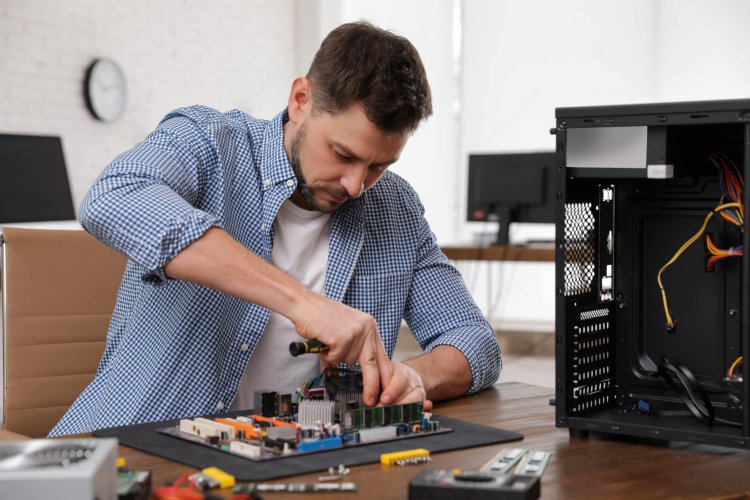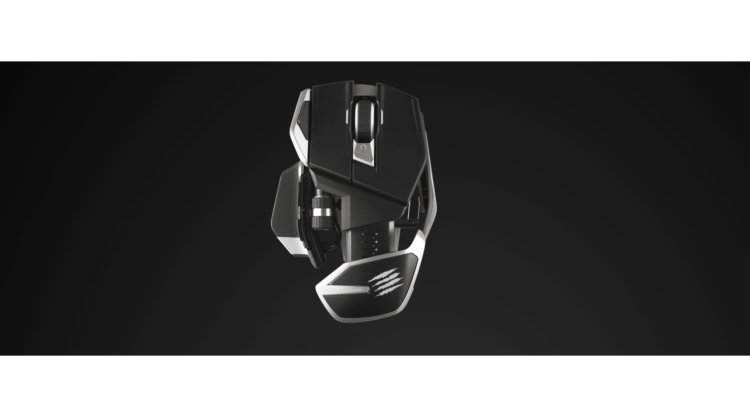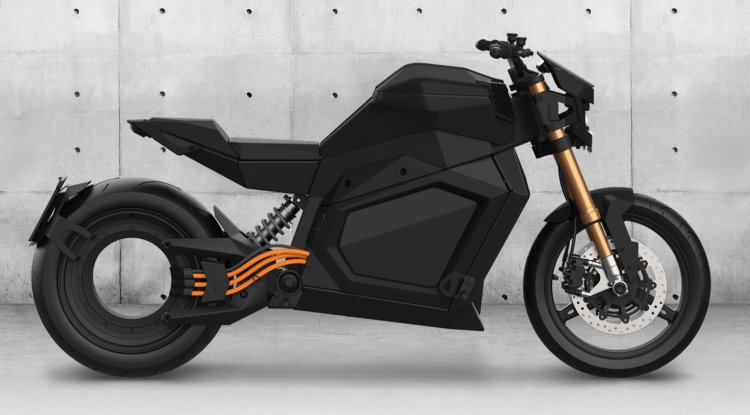When should you buy a new PC

A personal computer can be purchased with the click of a mouse, but a demanding user will need to consider numerous factors before making what can be a significant investment. Laptop or desktop computer? Screen resolution and size? CPU from Intel or AMD? How much RAM and storage space do you have? Integrated graphics or dedicated graphics? What about connectivity, audio, keyboard, webcam…?
Setting a budget ahead of time and being clear about what the main task of use will be, or if the needs go through an 'all-terrain,' is a smart place to start when choosing.
Some customers upgrade the gadget for the sake of having "the latest," even though the hardware would allow for much more use. On the contrary, another group of consumers pushes the useful life of their equipment to the limit of what is tolerable or until it entirely fails.
Taking into account the higher maintenance costs of older equipment, the total cost of ownership of new equipment is readily amortized by the improvement in productivity, connection, or mobility provided by the latest generations of technology. Consumers, professionals, and businesses should all have a clear goal in mind when purchasing new computer equipment, but when should we do it?
You are unable to install the most recent operating system. Many users and businesses did not prioritize new versions of operating systems a few decades ago, and machines were often kept with the original system or just updated in the software.
The development direction was shifting, and new versions of operating systems (mostly Windows) were employed to signal the arrival of new equipment. As an example, consider Windows 11 and its higher hardware requirements. If your equipment does not support it, this is the first clue that you need to upgrade.
You are unable to run the most recent applications or games. Applications and games, like the operating system, are growing more powerful and necessitate a higher degree of hardware. Video editing software, photography, CAD, and other professional tools indicate the need for new equipment, which in this case would be a professional workstation.
General computing uses, although not requiring the level of a Workstation, require a level that is difficult to achieve with older technology. What about video games? Increasing requirements in all components.
The machinery operates slowly. Slowness in computer equipment can be difficult to define, but you will notice it when you experience it. For example, if it takes a long time from pressing the start button to seeing the operating system desktop; if you have a dozen tabs open in your web browser if you can compose an entire sentence in a word processor before a single word displays on the screen.
Other devices cannot be connected. Another clear sign of aging is the inability to connect to new peripherals and accessories, as well as the lack of support for the most recent technologies and standards, such as Wi-Fi 6, Thunderbolt, or USB Type C; the inability to connect to a monitor with ultra high resolution, or the inability to transmit content wirelessly. As a result, we must use a plethora of adapters and connections, transfer files five times slower, and avoid using the most recent connectors.
You don't have enough storage space or RAM, or your CPU/GPU is underpowered. If the storage unit's capacity is being pushed to its limit, the RAM memory is being used entirely, or the CPU utilization reaches 80 percent with nearly any activity on your PC, these are warning signals that the hardware is reaching its limit and problems will arise in the future.
There is far too much noise. A new, unexpected, or louder-than-normal roar, similar to that of an automobile engine, is frequently a warning omen. If the noise from the fans becomes louder, it could mean that the CPU is working harder than usual or that there are overheating difficulties. Increased noise or odd cracking in the hard drive during system startup or operation is an indication of impending failure.
You spend more time on the computer addressing problems than utilizing it. Aside from the aforementioned indicators, there is one more piece of evidence that your PC needs to be replaced: when troubleshooting becomes an almost daily effort. Application errors, random system failures, Wi-Fi disconnection, crashes or freezes, or the feared Windows Blue Screen of Death may tire anyone down and take a long time to resolve.
It is not always necessary to purchase a new computer. Increasing the installed RAM or replacing a hard drive with an SSD are inexpensive chores that can improve speed immediately and allow you to extend the lifespan.
Changing the CPU and GPU is significantly more expensive, not always effective if the motherboard is not also changed, and not as simple on a desktop as it is on a laptop.
There are operating systems that can be tried that work better with older hardware. In brief, evaluate the budget, adapt to the primary usage, and avoid buying each new that comes out or stretching it till it says enough.




























